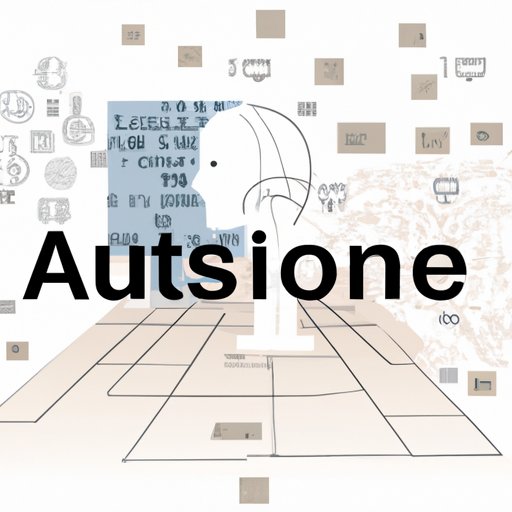Introduction
Artificial intelligence (AI) is a broad field of computer science dedicated to creating intelligent machines that can think and act like humans. It is based on the idea that machines can learn from experience, adjust to new inputs, and generate solutions to complex problems. AI has been around for decades, but it is only in recent years that it has become a mainstream technology. AI has tremendous potential to revolutionize industries and change the way we live our lives.
Technical Perspective
The history of AI dates back to the 1950s when scientists first started exploring the potential of computers to replicate human intelligence. Since then, AI has evolved significantly and today consists of several components including machine learning, natural language processing, robotics, and computer vision. These technologies work together to enable machines to analyze data, identify patterns, and make decisions. The goal of AI is to create machines that are able to understand, reason, plan, learn, perceive, and execute tasks with minimal human intervention.
Common Applications
Robotics is one of the most well-known applications of AI. Robots are used in manufacturing, healthcare, agriculture, and other industries to automate processes and reduce labor costs. They can also be used for search and rescue operations and to explore dangerous environments. Machine learning is another common application of AI. This technology enables machines to learn from data and improve their performance over time. Natural language processing is also used in AI to process and understand human language. This technology enables machines to communicate with people and understand commands.
Ethical Considerations
The use of AI poses some ethical considerations that must be taken into account. AI systems can be used to monitor and surveil citizens, which raises privacy concerns. In addition, AI systems may not be able to accurately interpret the complexities of human behavior and could lead to biased decision-making. As such, it is important to ensure that AI systems are designed responsibly and with appropriate safeguards in place.
Current Research and Development
Researchers and developers are currently exploring a wide range of topics related to AI. These include autonomous vehicles, medical diagnostics, virtual assistants, and facial recognition. In addition, researchers are exploring ways to make AI more efficient, reliable, and secure. Recent breakthroughs in AI have included the development of computer algorithms that can beat world champions in board games and the development of software that can generate realistic images from text descriptions.
Future Implications
The potential implications of AI for the future are vast. AI could revolutionize almost every industry, from healthcare to finance to transportation. In addition, AI could help us better understand the world around us and find answers to some of the most complex questions. However, it is important to consider the ethical implications of AI as well as the potential risks associated with its use.
Conclusion
In conclusion, AI is an incredibly powerful technology that has the potential to revolutionize many industries and change the way we live our lives. It consists of several components, including machine learning, natural language processing, and robotics, and is being applied to a variety of applications. There are some ethical considerations associated with the use of AI, and it is important to ensure that these issues are addressed responsibly. Finally, there is much potential for AI to have a huge impact on society in the future and to open up new possibilities for exploration.
(Note: Is this article not meeting your expectations? Do you have knowledge or insights to share? Unlock new opportunities and expand your reach by joining our authors team. Click Registration to join us and share your expertise with our readers.)
